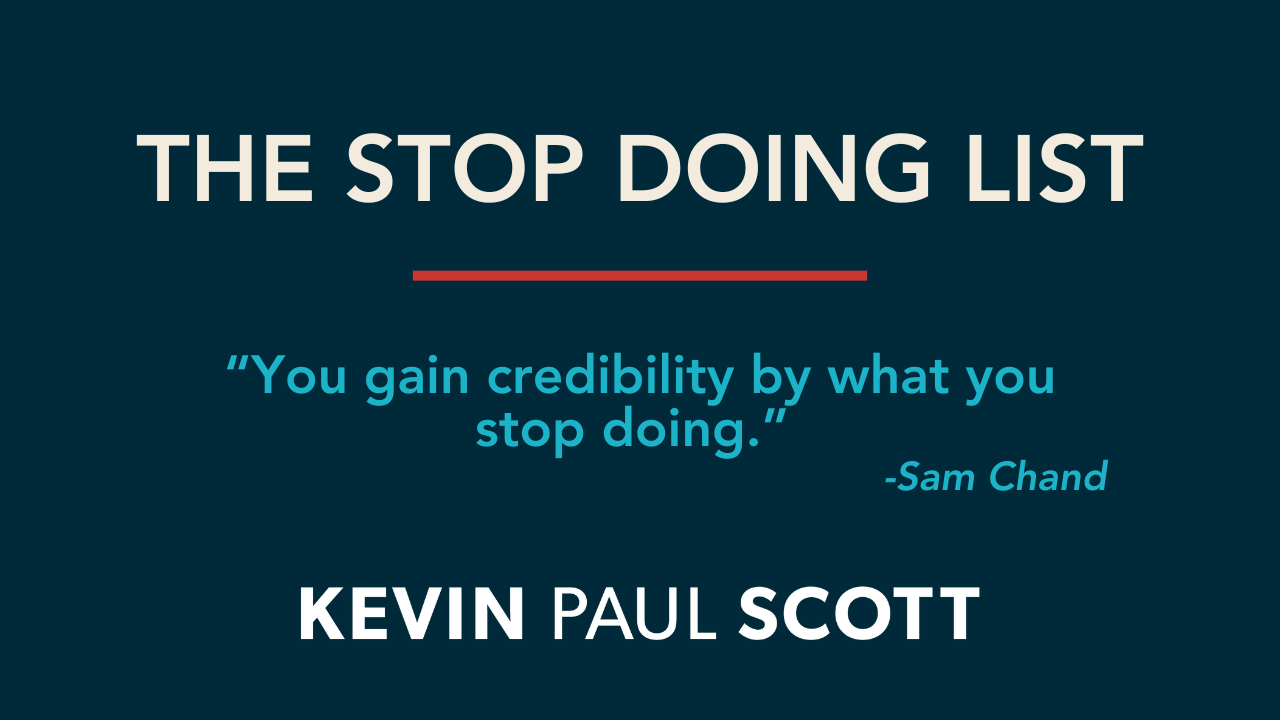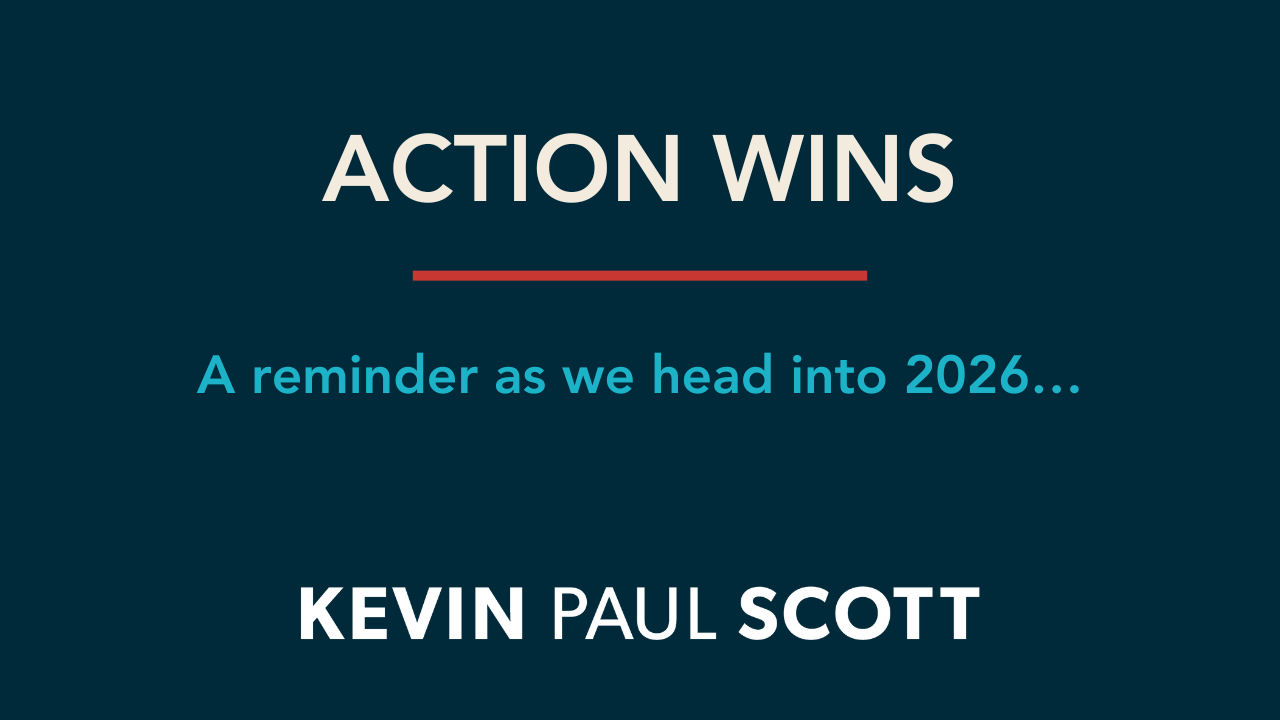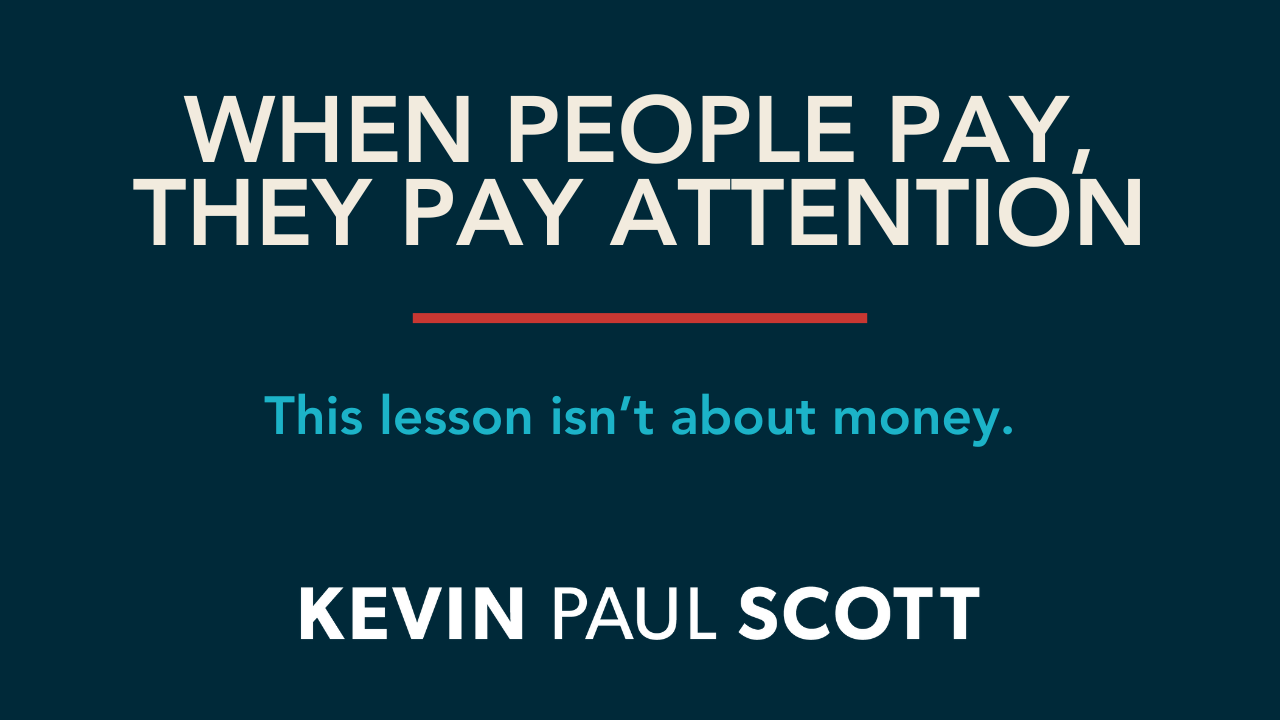Today is Tax Day. The good news, this post isn’t about taxes!
A few weeks ago, I found myself surrounded by some of the most successful executives and entrepreneurs I know. The conversations were fascinating, the connections valuable, but something struck me as the weekend progressed.
I noticed how many of these incredibly accomplished individuals—people who had achieved more financial success than most could dream of—were constantly comparing themselves to others at the table. Despite having beautiful homes, thriving businesses, and financial security, there was an undercurrent of discontent. They were measuring themselves against peers who had bigger exits, larger investment portfolios, or more impressive real estate holdings.
It reminded me of a story I've always loved about Kurt Vonnegut and Joseph Heller. At a party thrown by a billionaire hedge fund manager on Shelter Island, Vonnegut mentioned to his friend Heller that their host had made more money in a single day than Heller had earned from his wildly popular novel Catch-22 over its entire history.
Heller's response was profound:
"Yes, but I have something he will never have—ENOUGH."
I’ve talked about the Value Equation before. But this experience made me consider a new equation. Let’s call it the Satisfaction Equation:

The math here is straightforward but powerful. Most people try to increase satisfaction by increasing what they have.
“If I could just get a little more money…”
“If my house was a little bit bigger…”
“When I get my new car…”
The challenge is that as we increase what we have, we also tend to increase what we want, leaving satisfaction as this elusive thing that we can never fully experience. While this is a great motivator for us, none of us wants to live our lives in a state of perpetual unhappiness.
However, there is another way to be more satisfied: decrease what we want.
This isn't about settling or lacking ambition. Rather, it's about distinguishing between meaningful growth and the endless pursuit of more for its own sake.
One of the greatest threats to our sense of "enough" is comparison. In today's world, we're not just keeping up with our neighbors—we're comparing ourselves to carefully curated social media profiles, industry success stories, and wealth rankings.
When we allow our definition of "enough" to be determined by external comparisons rather than our actual needs and values, we surrender our potential for contentment to forces beyond our control.
So how do we have a proper perspective on satisfaction?
- Define your personal "enough." What level of resources would truly meet your needs and align with your values? It’s helpful to define enough, and realize that as you progress in life.
- Practice gratitude deliberately. Research consistently shows that gratitude recalibrates our perception of what we have. Find ways to be thankful for what you have.
- Invest in experiences and relationships. When we focus on things, there will always be someone who has more. The real riches in life are relationships and time together.
I’ve heard it said, “Wealth is like sea water—the more we drink, the thirstier we become.” This truth applies far beyond money.
The truly wealthy person isn't the one who has the most, but the one who needs the least to be content.


.svg)






